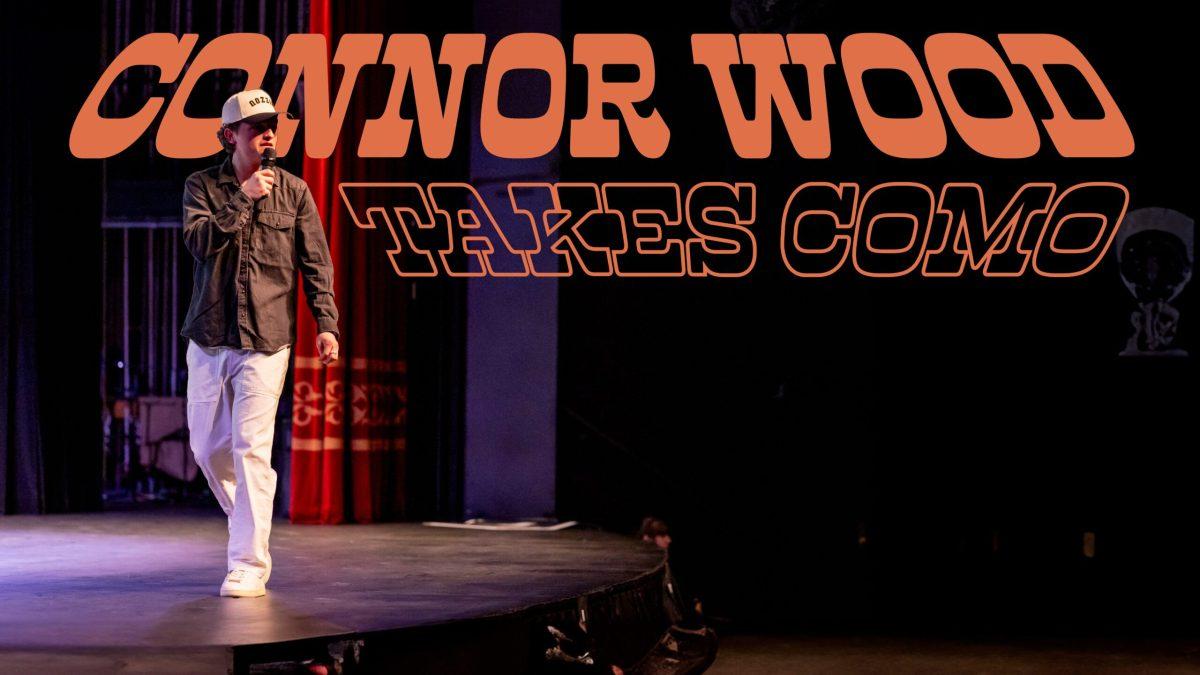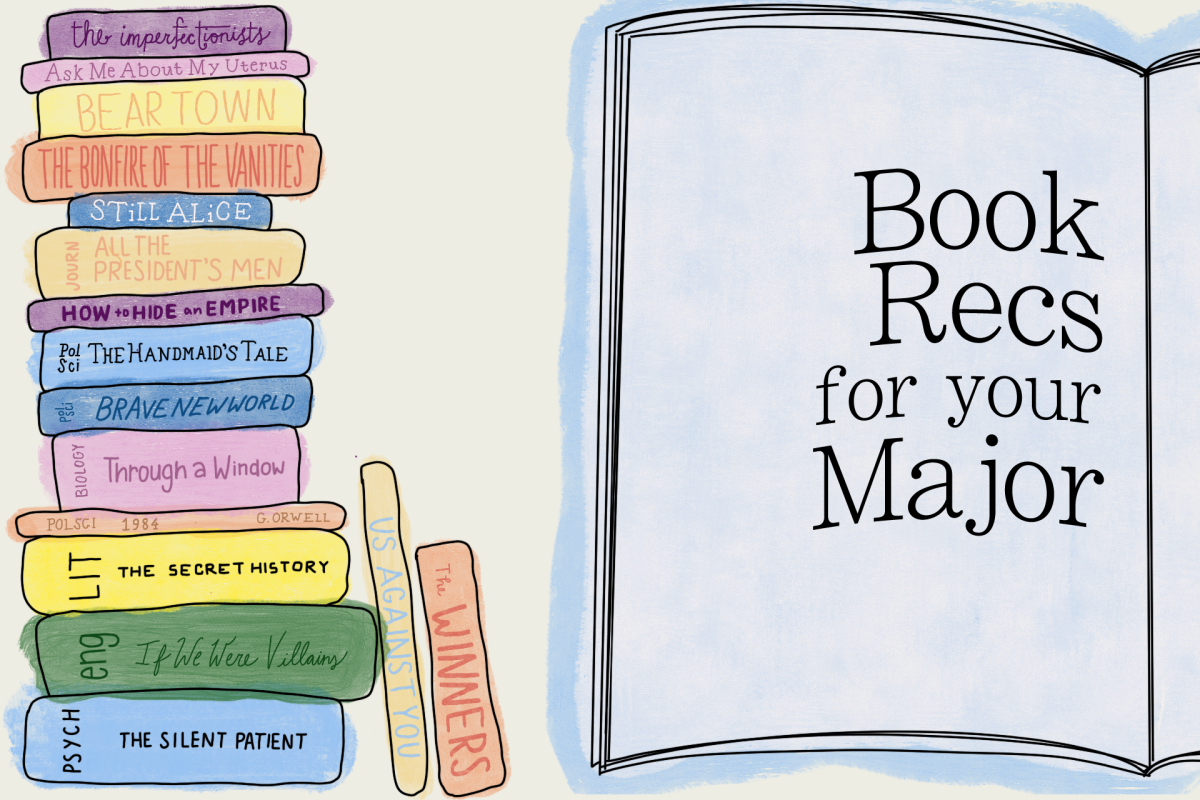Even if you’ve never seen any of his movies, chances are you know who Steven Spielberg is: a titan of the industry, the pioneer of the modern blockbuster, the filmmaker whose creations have inspired awe and wonder within generations of audiences over his career. However, before all that, Steven Spielberg was just a kid who really loved movies, and “The Fablemans” is the story of that kid … well, sort of.
Rather than a by-the-numbers biopic that is essentially a Wikipedia article in movie form, Spielberg chose to adopt a semi-autobiographical form to tell his story. His intention with “The Fablemans” seems to be capturing in broad strokes the experiences, relationships and struggles that shaped him into the artist he is today. “The Fablemans” doesn’t follow its protagonist into his adulthood or career. Instead, it remains squarely focused on his formative years. The movie isn’t Spielberg’s way of explaining how he became a world-famous director, but rather how he fell in love with making movies.
Through protagonist Sammy Fableman (Gabriel LaBelle), Spielberg gives us a deeper understanding of his own relationship with film. From the moment Sammy’s parents take him to his first movie as a young boy where he watches a train crash on the big screen, something awakens within him. Though initially frightened by the spectacle he’d witnessed, he becomes obsessed with recreating it with the model train he gets for Hanukkah. While his computer engineer father Burt (Paul Dano) doesn’t understand his fixation, his pianist mother Mitzi (Michelle Williams) does. By recreating that crash scene and making it his own, it’s no longer scary. From the start, Mitzi knows film is to her son what music is to her: a means to enter a world where he’s in full control.
Through his teenage years, Sammy uses the craft of filmmaking to better understand the world around him. From an affair to a divorce to a cross-country move, filmmaking helps him process the hardships he and his family face. He sees things nobody else sees even when they’re in plain sight. He hones in on specific moments and blows them up to create a larger-than-life spectacle that still holds a spark of truth at its center. He takes his mother’s words of “everything happens for a reason” to heart, incorporating his own experiences into what he puts on the screen. He learns art rarely comes without sacrifice, especially when he’s put in situations that force him to choose between the pursuit of his passion and loyalty to his family. For Sammy –– and by extension, Spielberg –– making movies and telling stories are more than just a hobby. Every film he creates is an extension of his soul, a way for him to make sense of a specific emotion or experience and turn it into something that can sweep an audience away into another world –– his world.
Given that this is a Spielberg movie, it goes without saying that the production values are all top-notch: the film is beautifully shot, impeccably scored and held aloft by stellar performances across the board. As Sammy, LaBelle embodies the character’s wide-eyed enthusiasm punctuated by bouts of classic teenage angst. Dano, fresh off his twisted performance earlier this year in “The Batman” as the bone-chilling Riddler, effortlessly pivots to a warm but frequently aloof patriarch in the form of Burt Fableman. Seth Rogen partially (but not entirely) reels in his usual Rogen-isms for a more reserved performance as Bennie, Burt’s colleague and a close friend of the family. However, the cast’s MVP has to be Michelle Williams, who slowly peels away Mitzi’s jovial, carefree demeanor to reveal a person racked with guilt and dissatisfaction. The only character I didn’t really care for was the love interest played by Chloe East. However, that’s less the fault of the actress than it is the over-the-top nature of the character, making her feel like she comes from a completely different movie.
Not unlike my experience with the recent David Bowie documentary “Moonage Daydream,” I walked away from “The Fablemans” with a much deeper appreciation and understanding for its subject as both an artist and a person. Sure, it’s a little sappy at times, but that’s easy to overlook when the sincerity and affection for its subject matter is on display at all times. “The Fablemans” might not be a Spielberg biography, but it’s still Spielberg’s story through and through.
Edited by Egan Ward | eward@themaneater.com
Copy edited by Emily Rutledge












